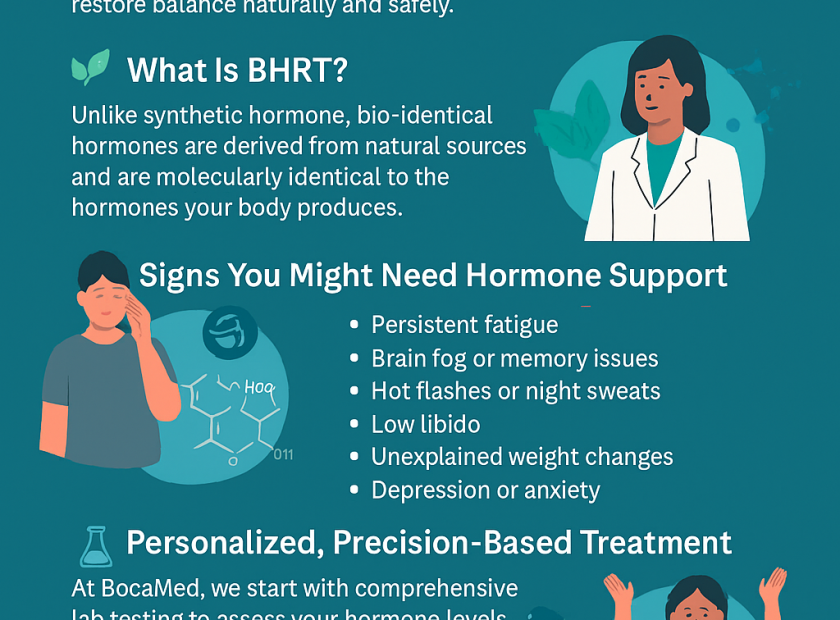The Benefits of Integrating Anti-Ageing Medicine into Your Primary Care

As people age, their bodies undergo many changes that can lead to health problems and a decline in overall wellness. While traditional family medicine has been the primary means of treating these issues, a new field of medicine called anti-ageing medicine has emerged, which focuses on optimizing health and preventing age-related decline. By integrating anti-ageing medicine into primary care, patients can experience many benefits that traditional medicine alone may not provide. In this article, we will explore the benefits of integrating anti-ageing medicine into primary care and how it can promote overall wellness and longevity.
What is Anti-Ageing Medicine?
Anti-ageing medicine is a field of medicine that focuses on preventing and treating age-related decline in health. This type of medicine addresses the root causes of ageing, including genetic factors, environmental factors, and lifestyle choices. By optimizing health, anti-ageing medicine can help to slow down the ageing process, prevent the onset of age-related diseases, and improve overall wellness.
Benefits of Integrating Anti-Ageing Medicine into Primary Care
Integrating anti-ageing medicine into primary care can provide many benefits for patients. These benefits include:
1. Preventing Age-Related Diseases
Anti-ageing medicine focuses on preventing age-related diseases, such as diabetes, heart disease, and Alzheimer’s disease. By addressing the root causes of these diseases, such as inflammation, oxidative stress, and hormonal imbalances, anti-ageing medicine can help to prevent their onset.
2. Slowing Down the Ageing Process
Anti-ageing medicine can slow down the ageing process by addressing the underlying factors that contribute to ageing, such as DNA damage, mitochondrial dysfunction, and telomere shortening. By slowing down the ageing process, patients can experience improved physical and mental function, increased energy levels, and a better quality of life.
3. Optimizing Health
Anti-ageing medicine can optimize health by addressing the root causes of health problems, rather than just treating the symptoms. By optimizing health, patients can experience improved physical and mental function, increased energy levels, and a better quality of life.
4. Personalized Treatment
Anti-ageing medicine offers personalized treatment plans that are tailored to each patient’s unique needs. This personalized approach can lead to more effective treatment outcomes, as it takes into account each patient’s individual genetics, lifestyle, and environmental factors.
5. Long-Term Benefits
Anti-ageing medicine provides long-term benefits that traditional medicine may not be able to provide. By addressing the root causes of health problems, anti-ageing medicine can help to prevent the onset of age-related diseases and improve overall wellness, leading to a better quality of life in the long term.
Integrating Anti-Ageing Medicine into Primary Care
Integrating anti-ageing medicine into primary care involves a collaborative approach between anti-ageing medicine specialists and primary care physicians. This approach focuses on optimizing health and preventing age-related decline by addressing the root causes of health problems.
Primary care physicians can work with anti-ageing medicine specialists to provide personalized treatment plans for their patients. These treatment plans may include dietary and lifestyle changes, nutritional supplements, hormone replacement therapy, and other anti-ageing interventions.
Conclusion
Integrating anti-ageing medicine into primary care can provide many benefits for patients, including preventing age-related diseases, slowing down the ageing process








